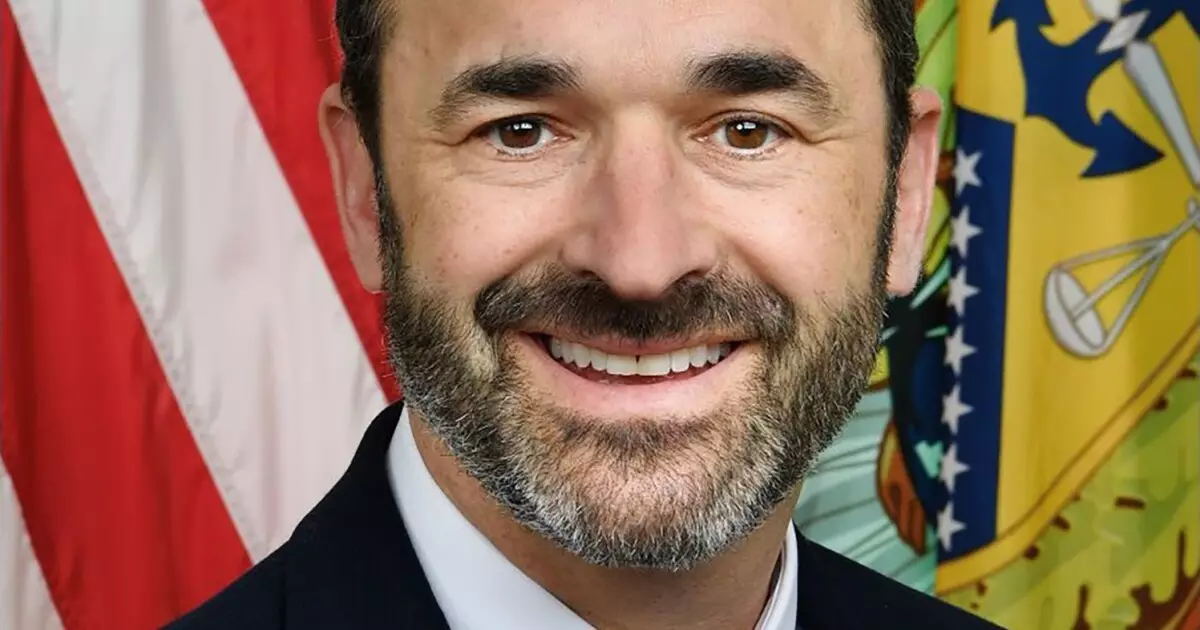The Internal Revenue Service budget has been a topic of debate in a recent Senate Finance Committee hearing. IRS Commissioner Danny Werfel defended the agency‘s budget and called for an extension of IRA funding through fiscal 2034. According to Werfel, this extension would provide $104 billion over a 10-year period and generate an additional $341 billion in revenue. The increase in funding from the IRA was seen as crucial for the success of the IRS, especially in terms of having the right workforce, training, tools, and technology.
Political Landscape and Funding Challenges
The increase in funding from the IRA became a point of contention during the hearing, with some lawmakers questioning the need for additional funding. Senator Mike Crapo raised concerns about the significant financial boost to the IRS and questioned when the agency would have enough funding. The political football of funding allocation for the IRS took a $20 billion hit during debt ceiling negotiations, further complicating the budgetary situation.
The public finance industry has been closely monitoring the growth of the IRS budget and its potential impact on audit rates for bond transactions. There are concerns that increased funding could lead to higher enforcement efforts, which may affect taxpayers and businesses. Werfel emphasized the need for caution in scaling enforcement activities to ensure nonpartisan operations and adherence to the law.
The Senate Finance Committee also discussed the troubled Tax Relief for American Families and Workers Act, which has been stuck in the Senate after passing the House. The bill includes adjustments to Low-Income Housing Tax Credits and aims to boost low-income housing across the country. However, funding for the bill has been a point of contention, highlighting the challenges of passing tax relief legislation.
Werfel’s testimony included a proposal to require electronic filing of form 8038-CP for tax credit payments related to Build America Bonds. The current rules allow for electronic filing but do not mandate it, raising questions about efficiency and compliance. Additionally, Werfel defended the IRS Free File program, a public-private partnership launched in 2013. Democrats support the program, while Republicans believe the private sector is better equipped for tax filing services.
The debate over the IRS budget and funding highlights the complexities of balancing financial needs with political considerations. The challenges of passing tax relief legislation, enhancing technology, and improving programmatic efficiency underscore the importance of informed decision-making and bipartisan cooperation. The future of the IRS budget will continue to be a critical issue for lawmakers, taxpayers, and businesses alike.

